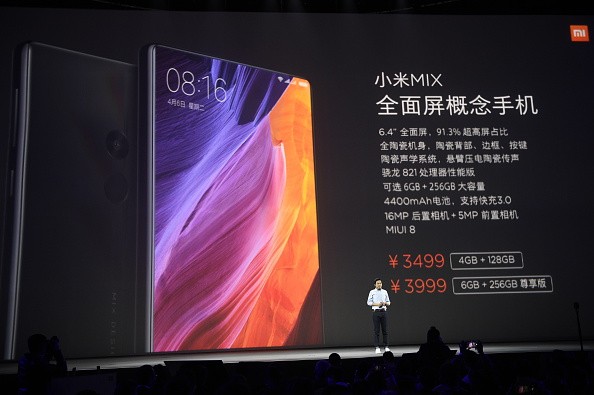Xiaomi Corporation is planning to introduce a phone powered by a custom-made processor. It is a sign of the company's drive to stand out in its highly competitive home market and a sign to join the top tier globally.
Chinese companies are putting an increased effort when it comes to developing their own technology in order to differentiate themselves from the market by offering phones whose software and hardware work more seamlessly together.
Xiaomi is aiming to release its "Pinecone" processor within a month. It will make Xiaomi the second smartphone maker to produce phones with its own processors.
Sean Yang, a Taiwan-based research director of a tech research firm TrendForce, said: "Developing chips internally makes sense for top-tier electronics makers. A phone maker can only reach the pinnacle of user experience when optimizing the integration of hardware and software on its own."
Xiaomi is currently using chips from San Dieego's Qualcomm Inc in its high-end smartphones and Taiwan's MediaTek for its budget models. If Xiaomi will develop its own chip and related technology, it could insulate itself from the supply-chain disruption.
According to the International Data Corporation, Xiaomi slipped to fifth place on last year's smartphone market share in China.
Although Xiaomi has been tight-lipped when it comes to its processor developments, a website and a verified social media account revealed that Xiaomi's chip technology is built on a foundation from Chinese state-backed Dating Telecom.
Beijing Pinecone Electronics, a private entity linked to Xiaomi, paid 103 million yuan in acquiring mobile processor technology from Datang subsidiary Leadcore Technology Ltd. last Nov. 2014. According to a stock exchange filing, the two companies planned to jointly design mobile chips.
According to a source, Beijing Pinecone Electronics is an entity that Xiaomi set up for the development of its in-house smartphone processor chipsets.
"Still, it is unclear if Xiaomi can find an edge. Apple, which has its own operating system, and Huawei, which has decades of experience making network equipment, are the leaders in self-developed chips," said Wang Yanhui, secretary-general of the Mobile China Alliance.



























